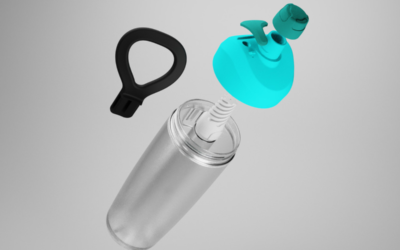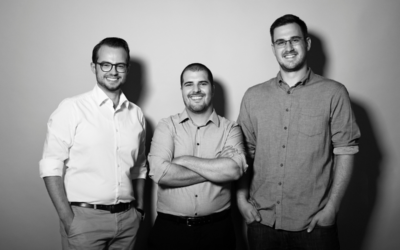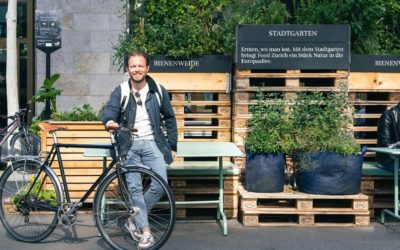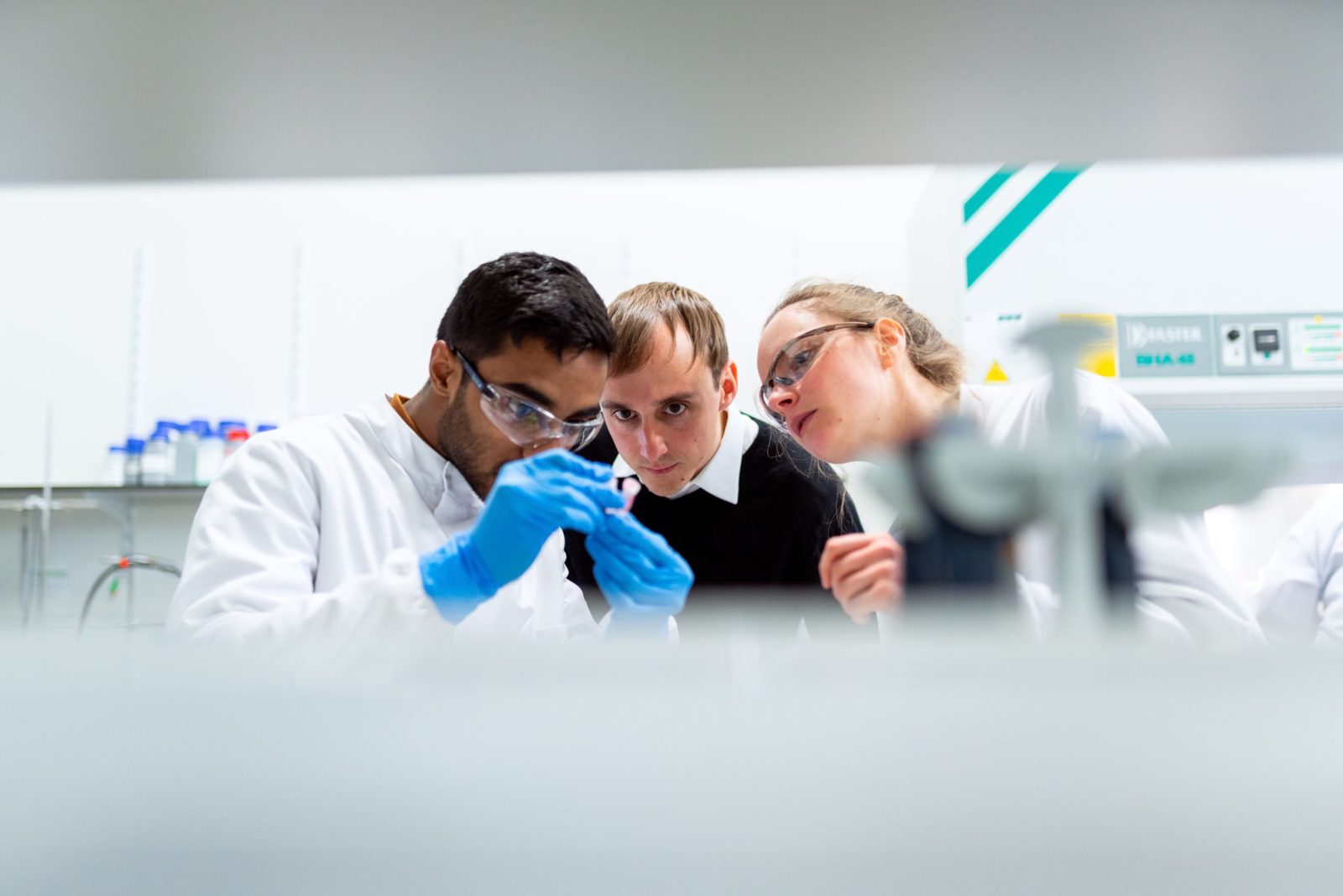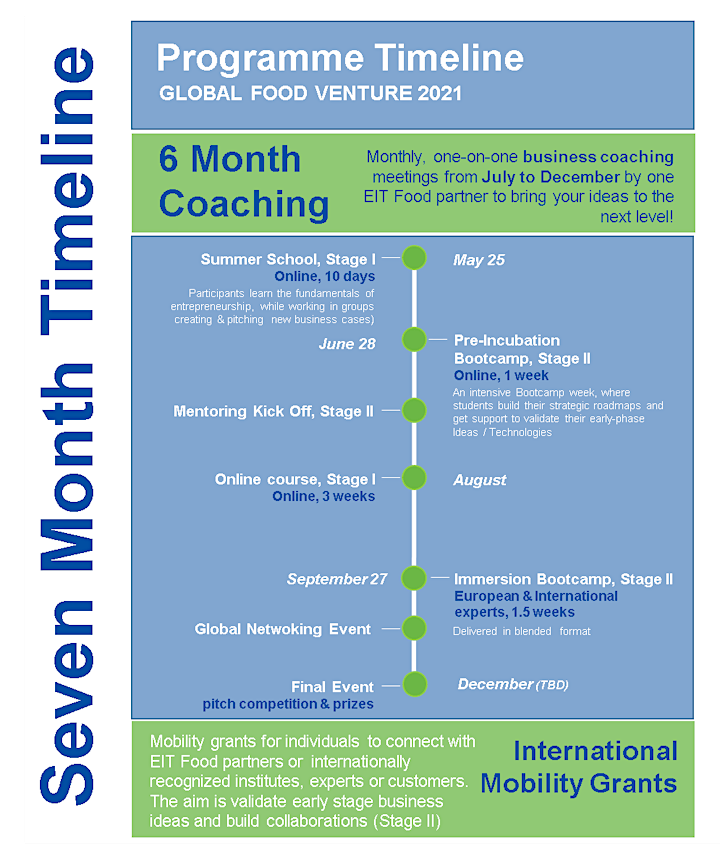Potiio’s unique water bottle...
Startup Pitch, 24th March – Meet Successful Swiss FoodTech Founders hosted by Venturelab and JETRO
Startup Pitch, 24th March – Meet Successful Swiss FoodTech Founders hosted by Venturelab and JETRO
Eight foodtech startups will pitch in front of Japanese corporations and investors interested in food innovation in an upcoming webinar by VentureLab & JETRO.
On March 24, the Swiss Foodtech Startup Innovation Webinar will be held by Venturelab and the Japan External Trade Organization (JETRO). Eight innovative foodtech startups have been selected to pitch their solutions ranging from agricultural systems for sustainability, meat alternatives or digital platforms to develop collaborative R&D projects or business collaboration with Japanese corporations. Furthermore, Michael Kleindl from Blue Horizon Ventures will give a keynote on the future of food, the strengths of the Swiss food ecosystem and its prospects.
As one of its activities, JETRO has launched a team that accelerates open innovation between Japanese companies and overseas startups. To address social problems within Japan, JETRO will bridge Japanese companies and overseas startups who have cutting-edge technologies and disruptive business strategies by offering them opportunities to attend Japanese exhibitions or dispatching Japanese delegations to the countries where there are advanced innovation ecosystems.
For more information, contact Japan External Trade Organization (Ms. Fumi Jokura, Ms. Nathalie Cornier) at swg@jetro.go.jp.
Register to the event here.
Latest News
Potiio Launches Crowdselling Campaign for Revolutionary Soft Drink Experience
Nexenic raises 1.8 million for series production and market entry of portable mini-steamer Steasy®
The Swiss company Nexenic has...
How FOOD2050 is enabling food service partners to reshape our food system, one meal at a time.
Back in 2019 Christian Kramer spotted...
Luya Foods launches its first products in over 130 Coop outlets
Back in 2021, a foodie, a food...

